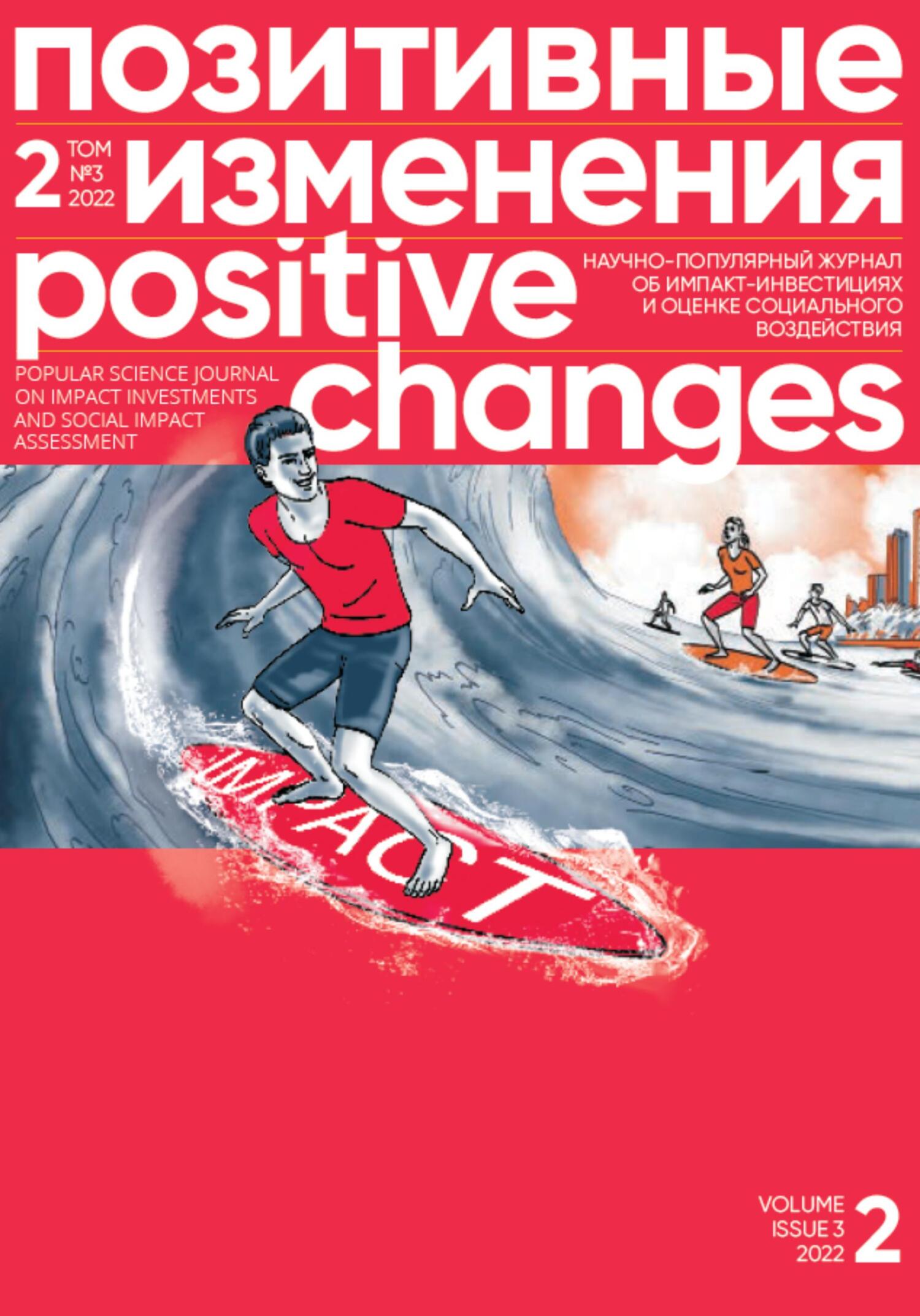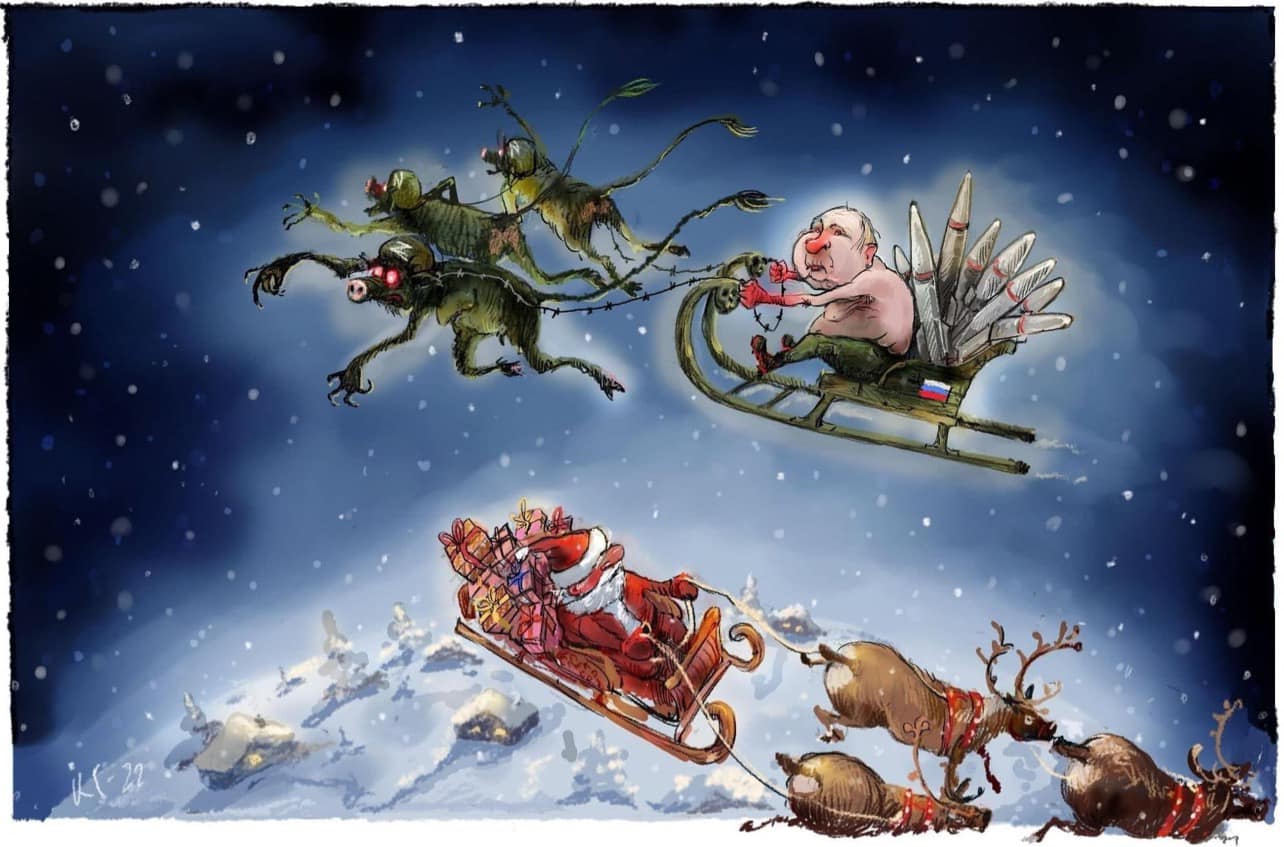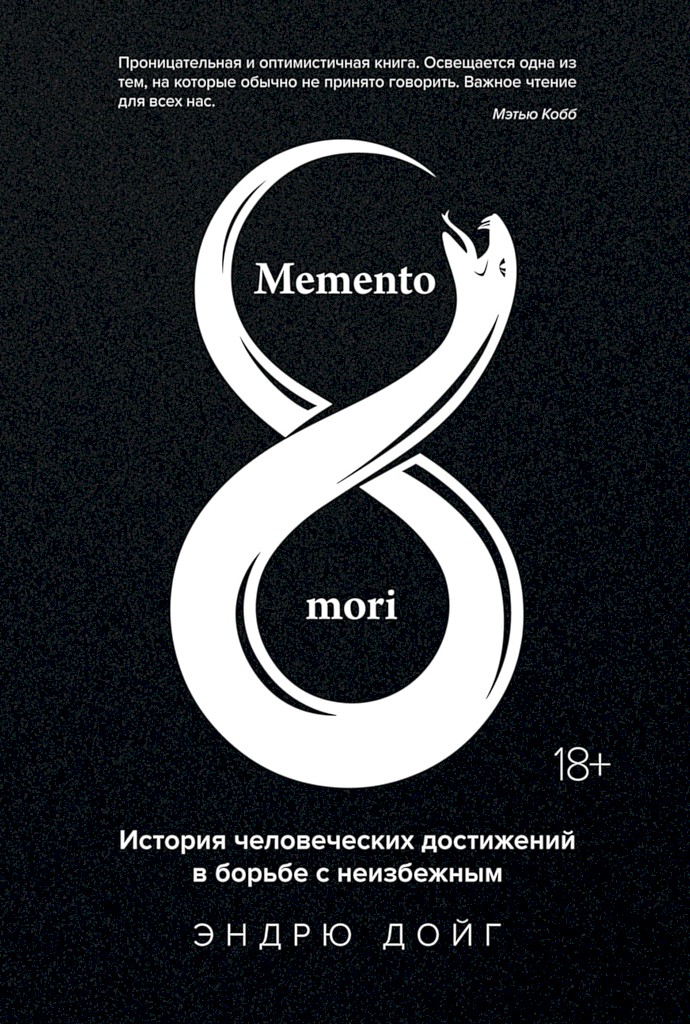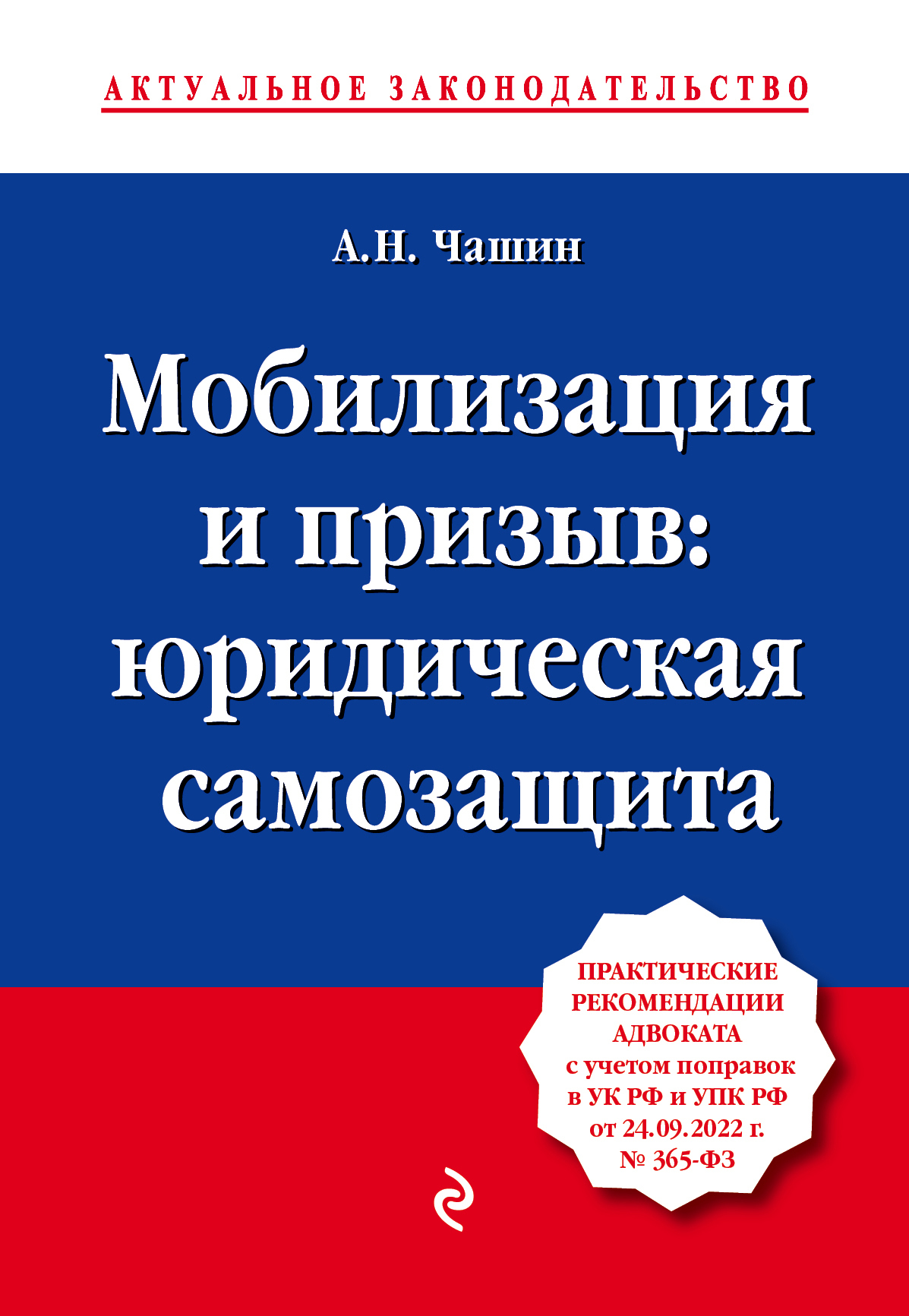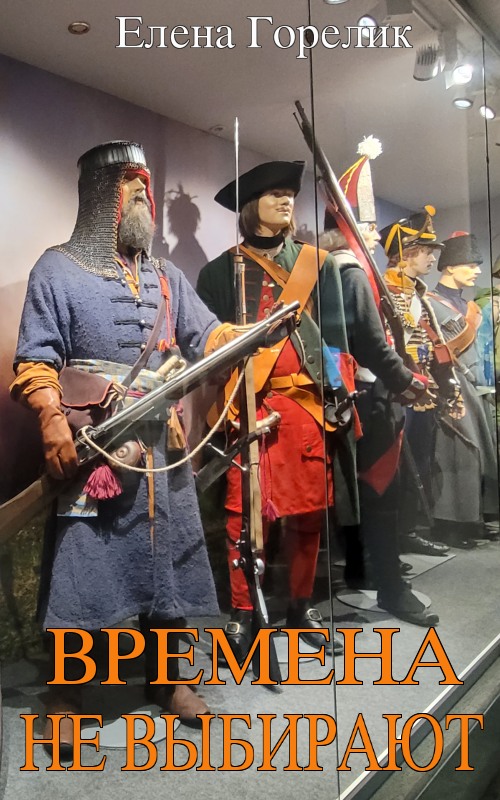Книга Позитивные изменения. Том 2, №4 (2022). Positive changes. Volume 2, Issue 4 (2022) - Редакция журнала «Позитивные изменения»
На нашем литературном портале можно бесплатно читать книгу Позитивные изменения. Том 2, №4 (2022). Positive changes. Volume 2, Issue 4 (2022) - Редакция журнала «Позитивные изменения» полная версия. Жанр: Книги / Разная литература. Онлайн библиотека дает возможность прочитать весь текст произведения на мобильном телефоне или десктопе даже без регистрации и СМС подтверждения на нашем сайте онлайн книг knizki.com.
Шрифт:
-
+
Интервал:
-
+
Закладка:
Сделать
Перейти на страницу:
Перейти на страницу:
Внимание!
Сайт сохраняет куки вашего браузера. Вы сможете в любой момент сделать закладку и продолжить прочтение книги «Позитивные изменения. Том 2, №4 (2022). Positive changes. Volume 2, Issue 4 (2022) - Редакция журнала «Позитивные изменения»», после закрытия браузера.
Книги схожие с книгой «Позитивные изменения. Том 2, №4 (2022). Positive changes. Volume 2, Issue 4 (2022) - Редакция журнала «Позитивные изменения»» от автора - Редакция журнала «Позитивные изменения»:
Комментарии и отзывы (0) к книге "Позитивные изменения. Том 2, №4 (2022). Positive changes. Volume 2, Issue 4 (2022) - Редакция журнала «Позитивные изменения»"




















